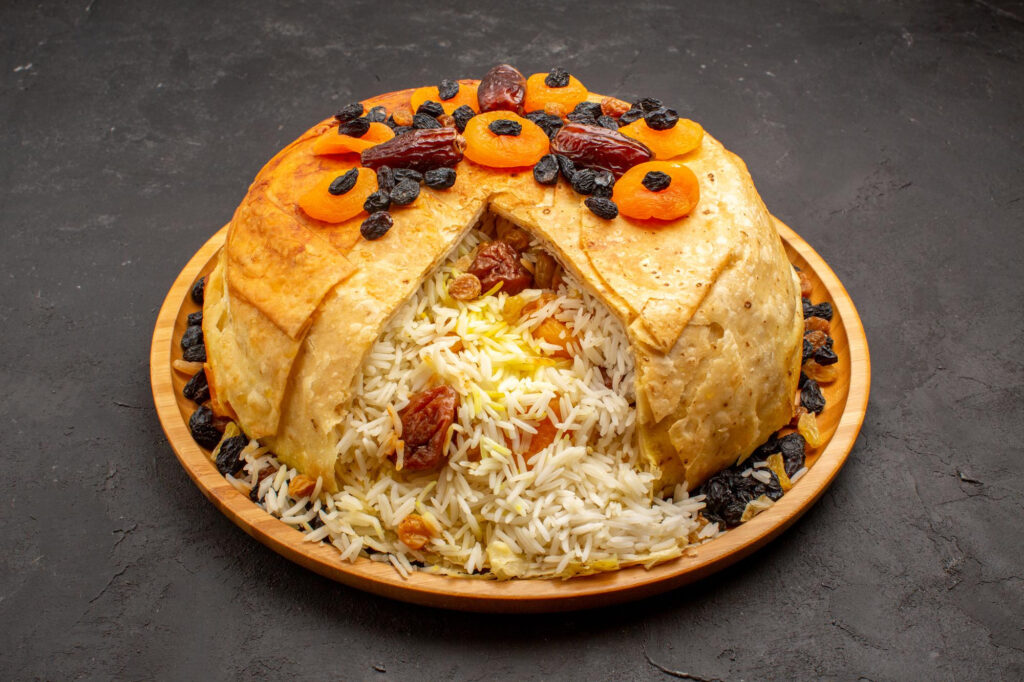History
Jordan is a land steeped in ancient history and rich cultural traditions. The region has been
inhabited since the Paleolithic period, with evidence of human settlements dating back to the Stone Age.
Over the centuries, Jordan has been influenced by various civilizations, including the Nabataeans, Romans, and Islamic empires, each leaving their mark on the country’s archaeological wonders and cultural heritage.
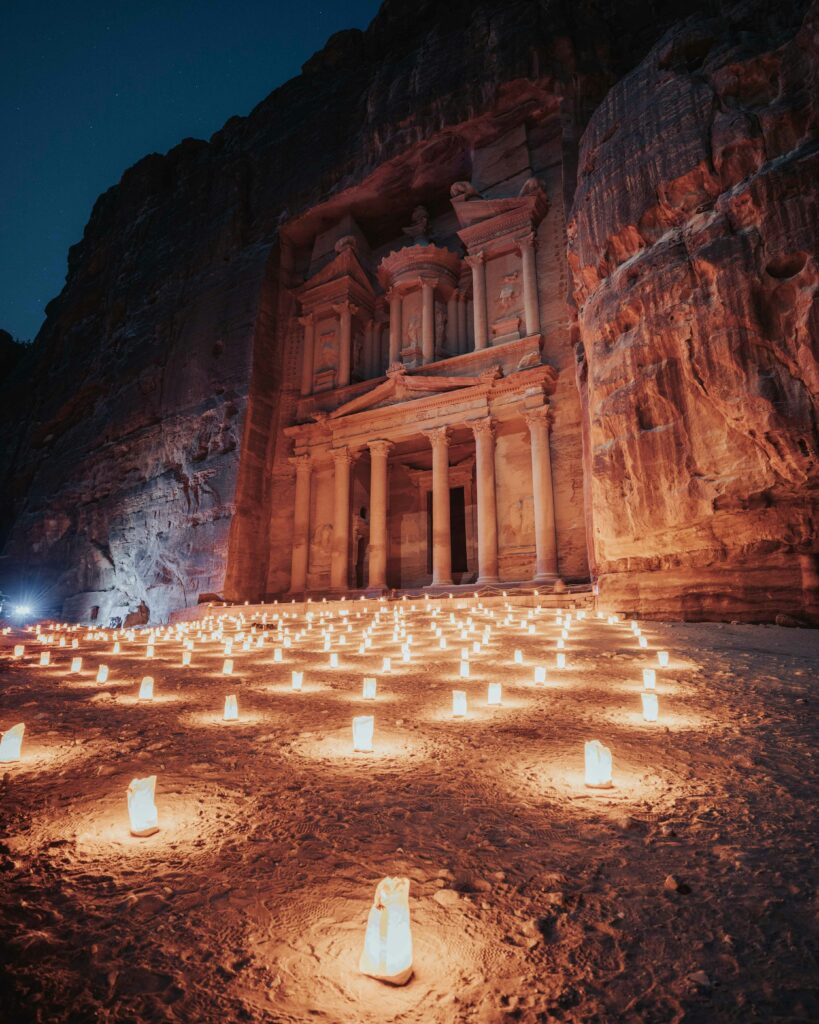
The ancient rock-cut city of Petra, a UNESCO World Heritage site and one of the New Seven Wonders of
the World, is a testament to the engineering prowess and architectural achievements of the Nabataean
civilization. During the Roman era, cities like Jerash and Amman flourished, with impressive ruins and
monuments still standing today. In the 7th century CE, Islam spread to the region, and Jordan became part of the Islamic caliphates, further enriching its cultural tapestry.
Tourism Places
Jordan offers diverse attractions, ranging from ancient wonders to natural landscapes
- Petra
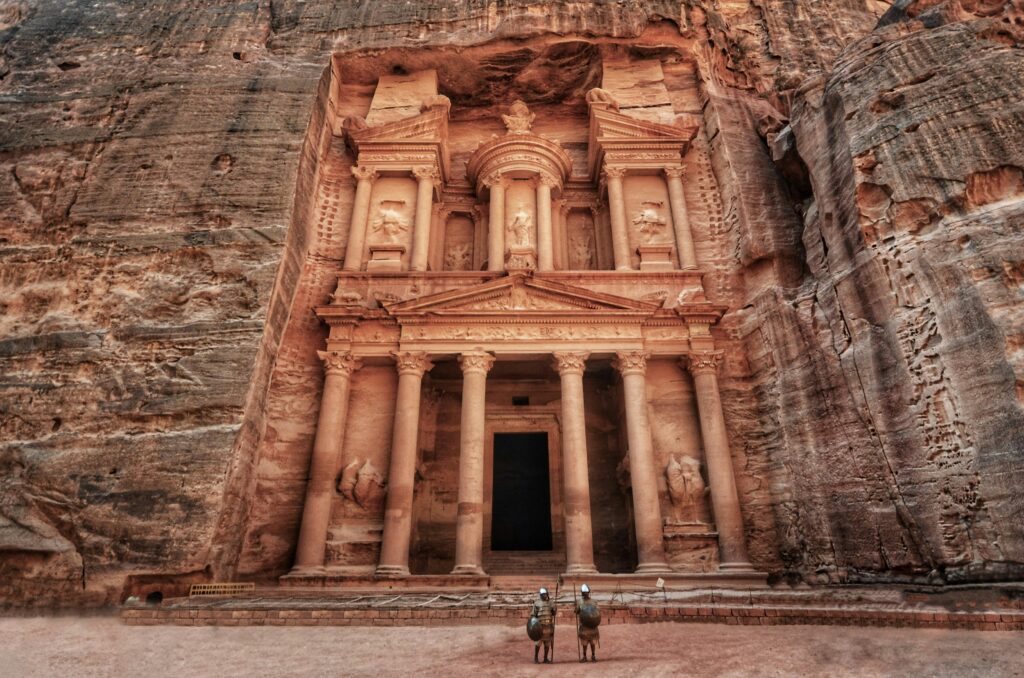
Explore the UNESCO-listed city of Petra, a marvel of ancient architecture hidden in Jordan’s
desert canyons. Walk through the Siq, a narrow gorge leading to the Treasury, and discover
temples, tombs, and amphitheaters carved into pink sandstone cliffs.
- Wadi Rum

Immerse yourself in the desert wilderness of Wadi Rum, characterized by towering
sandstone mountains and red sand dunes. Experience Bedouin hospitality with guided camel or
jeep tours, camping under the starry sky, and enjoying traditional meals.
- Dead Sea

Float effortlessly in the mineral-rich waters of the Dead Sea, renowned for their
buoyancy and therapeutic properties. Relax at luxury resorts along the Dead Sea’s shores and
indulge in mud treatments for the skin.
- Amman Citadel
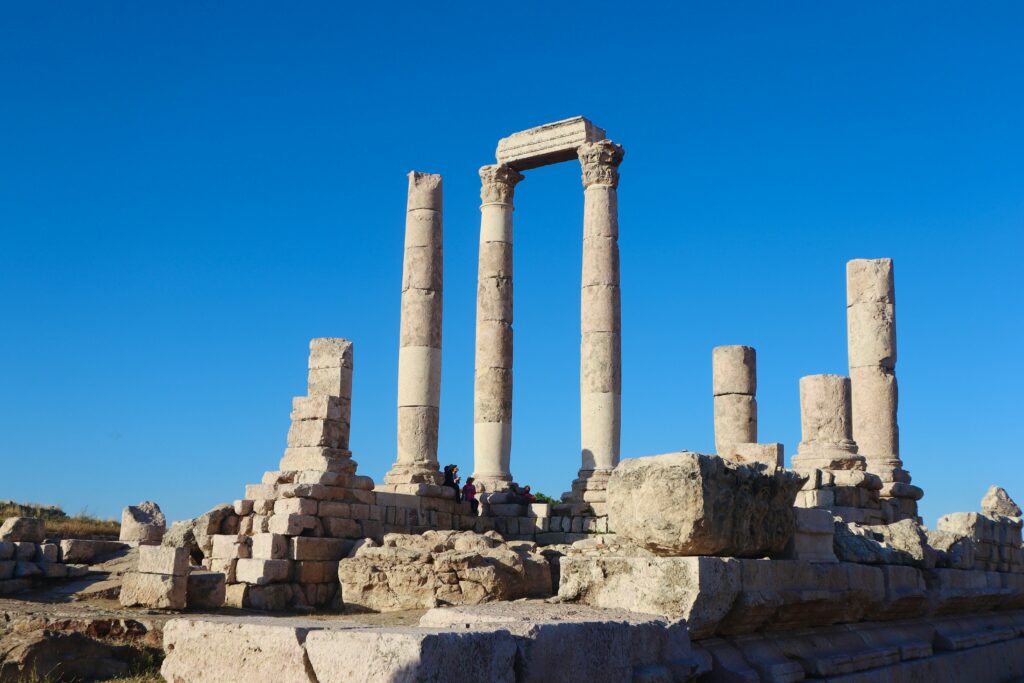
Visit the historical heart of Amman at the Citadel, where ancient ruins span
millennia. Explore the Temple of Hercules, the Umayyad Palace, and the Jordan Archaeological
Museum, offering insights into Jordan’s diverse heritage.
- Jerash
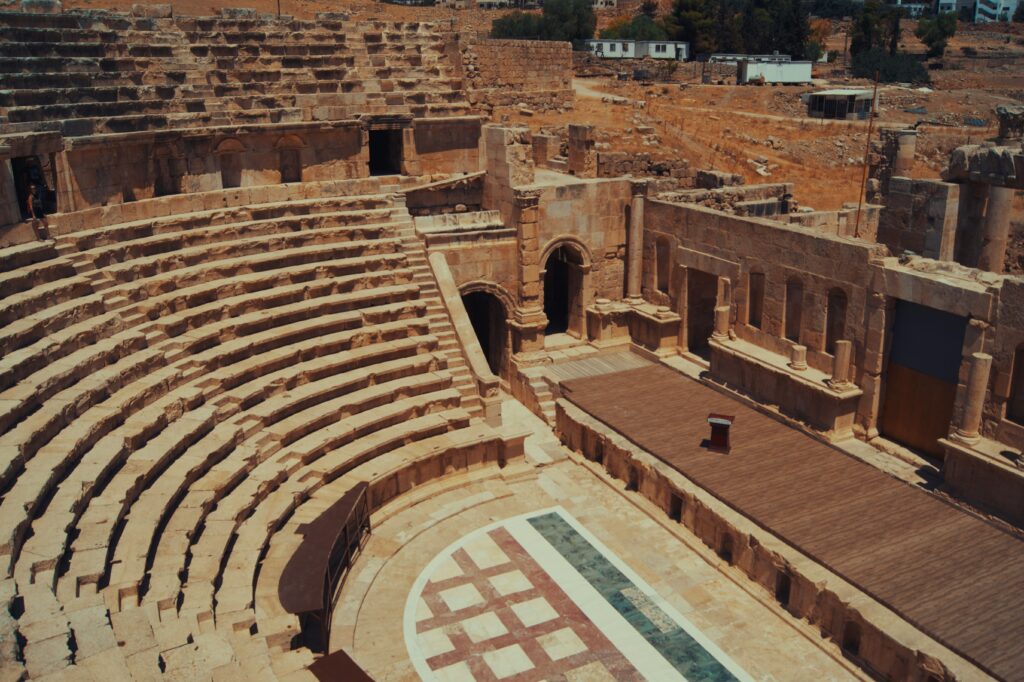
Step back in time at Jerash, one of the best-preserved Roman cities outside of Italy. Wander
through colonnaded streets, theaters, temples, and Byzantine churches, imagining life during the
Roman Empire.
- Mount Nebo
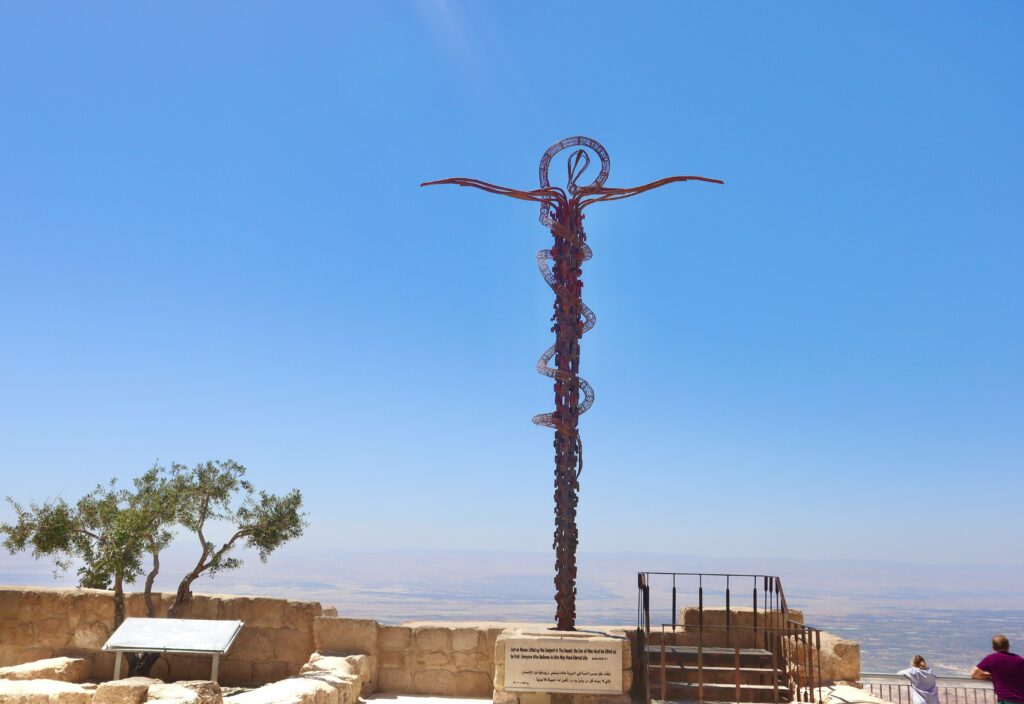
A biblical site believed to be where Moses saw the Promised Land.
- Aqaba
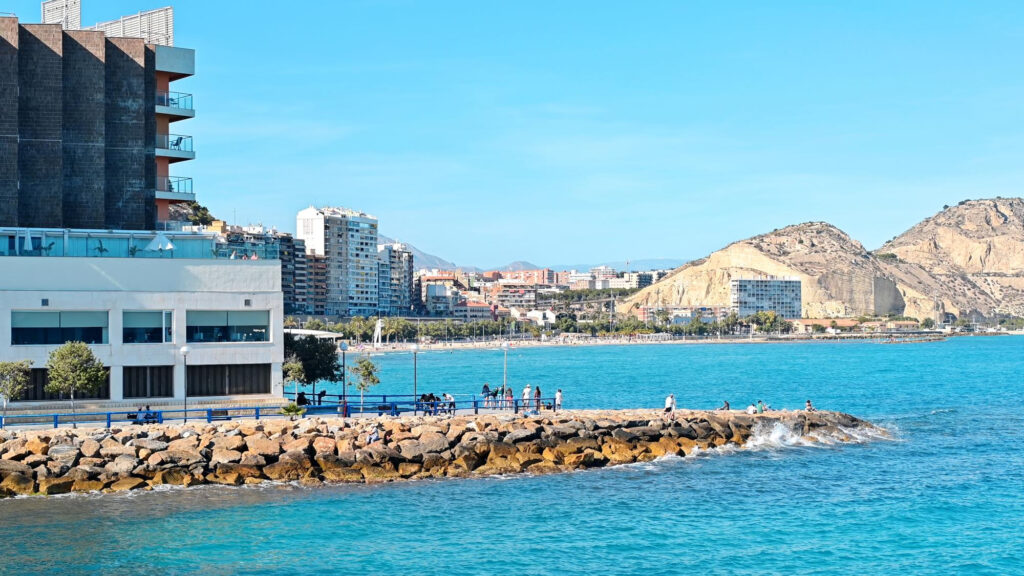
Jordan’s coastal city, blending history, beach resorts, and opportunities for diving in
the Red Sea
Culture
Jordan’s culture is a rich tapestry woven from the threads of its diverse history and influences.
Arabic is the official language, and traditional dress, such as the dishdasha (ankle-length robe) for men and the abaya (long black cloak) for women, is widely worn. Jordan has a vibrant cultural scene, with traditional arts and crafts like pottery, weaving, and metalwork still practiced alongside contemporary art forms. Cultural events like the Jerash Festival for Culture and Arts and the Jordan Rally celebrate the country’s heritage and traditions, showcasing music, dance, and sporting events. Jordanians are known for their hospitality and warmth, often welcoming visitors with traditional dishes like mansaf, a hearty lamb and rice dish, and Arabic coffee, reflecting the country’s deep-rooted cultural values.



Cuisine
Jordanian cuisine is a delicious blend of Mediterranean and Levantine flavors, with influences
from its Bedouin heritage and neighboring regions. Mansaf, a dish of lamb cooked in a fermented dried
yogurt sauce and served over rice, is considered the national dish and is often served on special occasions
and celebrations. Moutabal, a smoky eggplant dip, and hummus, a chickpea-based spread, are popular
mezze (appetizers) often served alongside warm pita bread. Kunafa, a sweet cheese pastry soaked in syrup, is a beloved dessert, often enjoyed during festive occasions. Jordanian cuisine also features abundant use of olive oil, herbs, and spices, reflecting the country’s Mediterranean influences and Bedouin traditions.
